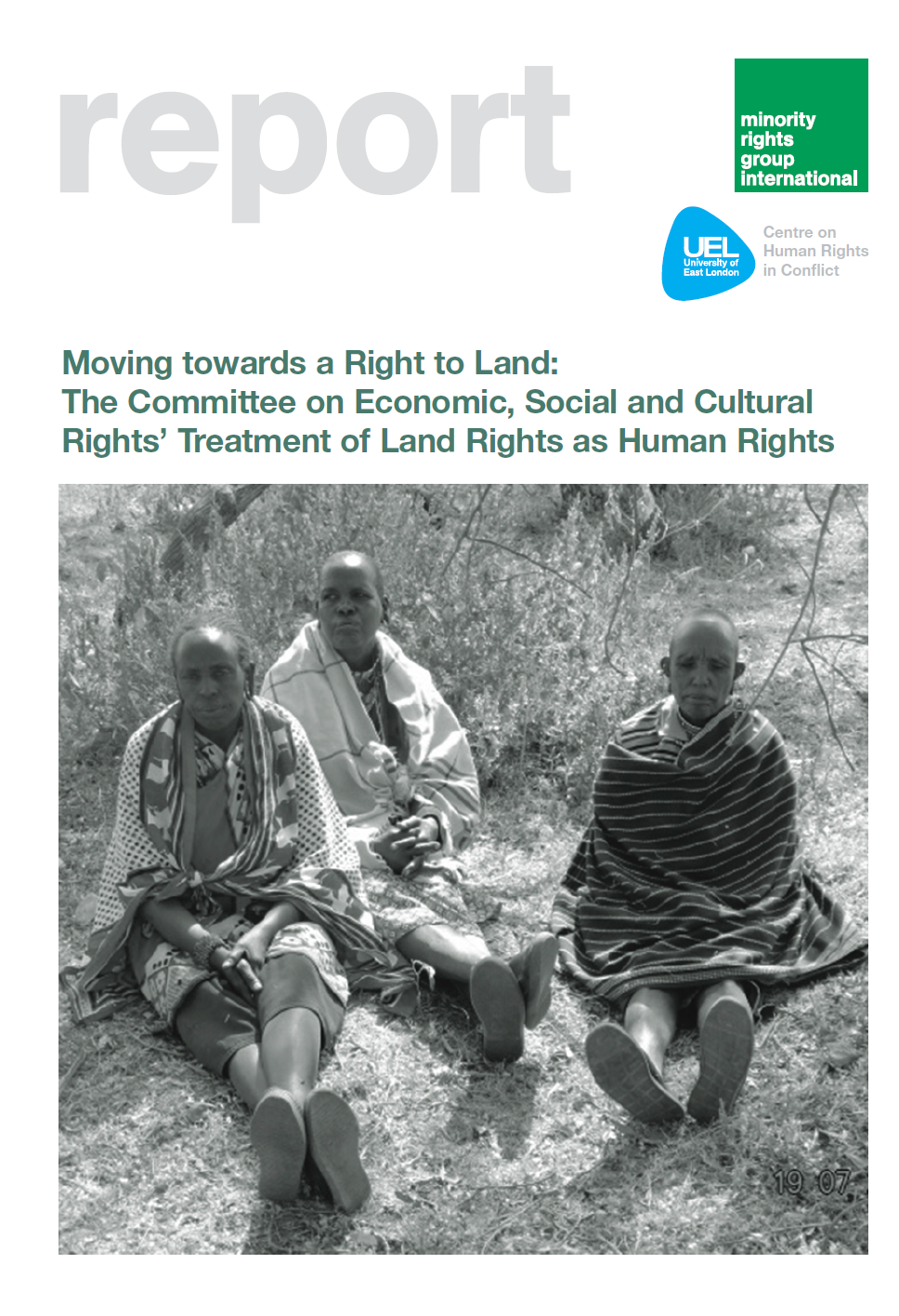Agricultural Recovery and Individual Land Tenure: Lessons from Central Asia
One of the striking features of transition from plan to market in CIS agriculture is the
dramatic shift from the predominance of large corporate farms (kolkhozy and sovkhozy,
generally referred to as agricultural enterprises) to individual or family agriculture based on a
spectrum of small farms. The individual sector, combining the traditional household plots and
the new peasant farms that began to emerge after 1992, accounts for most of agricultural
production and controls a large share of arable land. This is a dramatic change from the pre-





